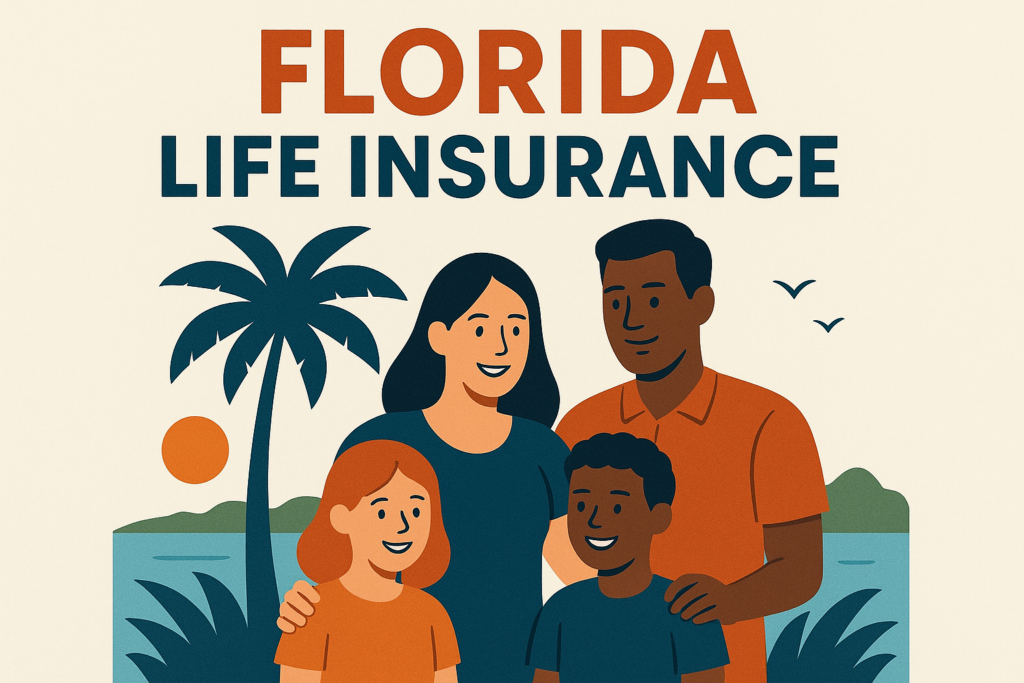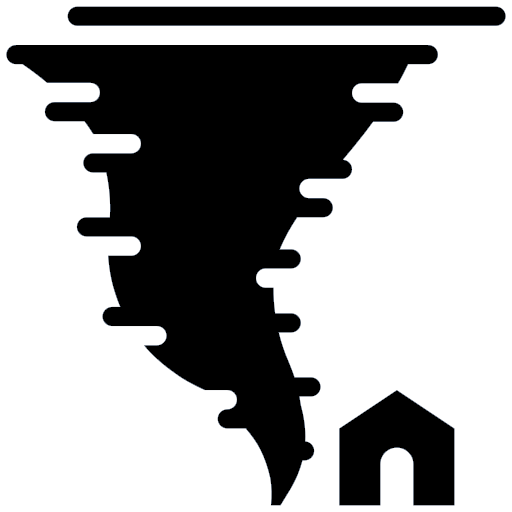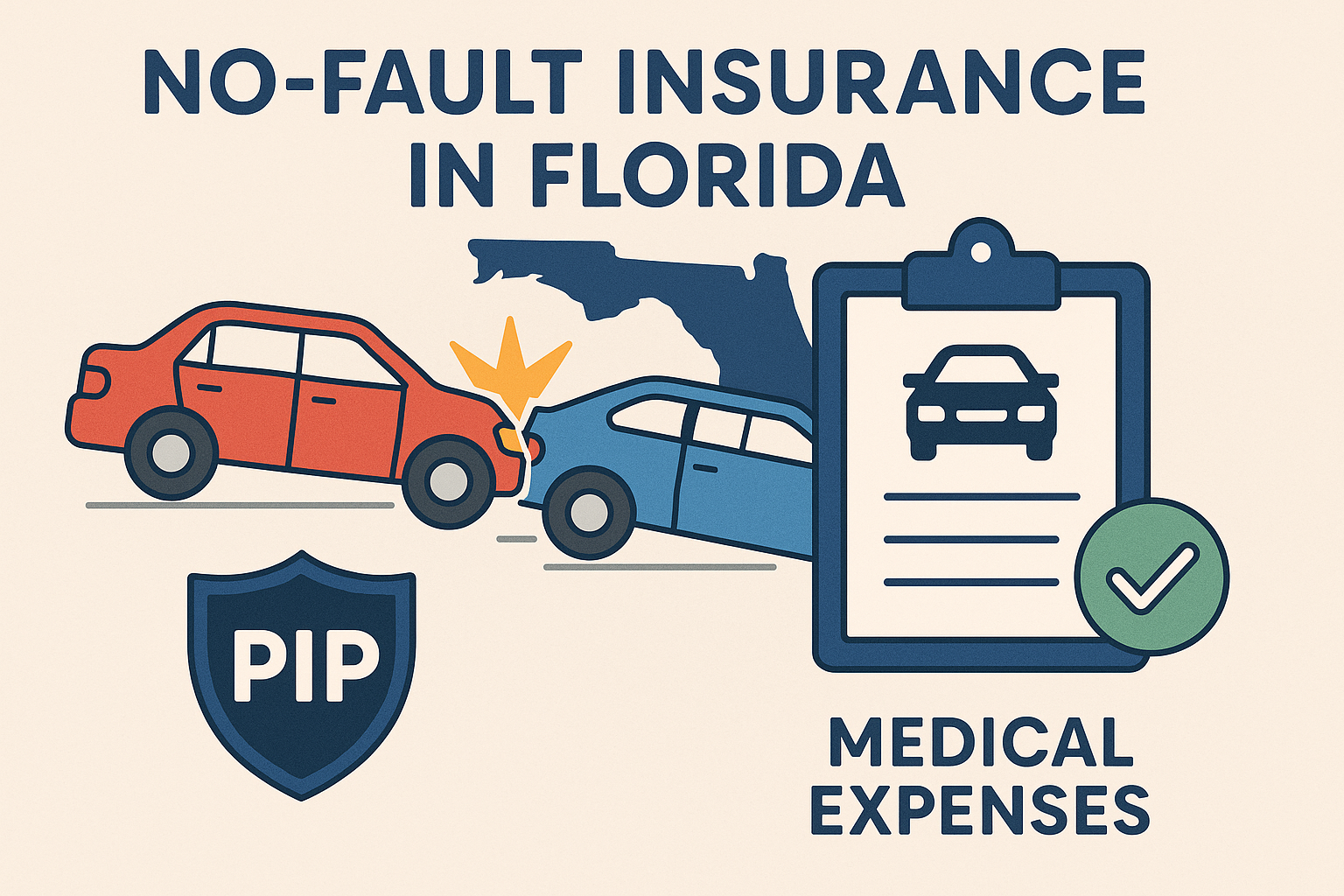
Life in Florida is full of sunshine, beautiful beaches, and a unique blend of cultures. However, planning for the unexpected is crucial, and life insurance plays an important role in safeguarding your family’s future. In the Sunshine State, understanding how life insurance works can help you make wise decisions for your loved ones. The options may seem overwhelming at first, but taking time to learn about them gives you an advantage. When you are informed, you can feel confident about your choices. Let’s explore what you need to know about life insurance policies in Florida.
Understanding Life Insurance Policies in Florida
Many Floridians seek peace of mind through life insurance, which acts as a financial safety net for their families. Life insurance policies pay out a sum of money to beneficiaries after the policyholder’s death, providing support during a difficult time. In Florida, various policies are offered by a range of providers, so it helps to understand how they work before you purchase one. Each policy has its own features, coverage amounts, and terms, which can be tailored to suit individual needs. Consequently, knowing the basics can make the selection process much easier.
Life insurance in Florida works much like it does in other states, but some aspects are unique to the region. For example, state laws influence how insurance companies handle claims and protect policyholders. Moreover, Florida’s population is diverse, which means insurance needs can vary greatly from one person to another. Because of this, insurance providers offer a variety of policies that cater to people at different stages of life. You can find plans designed for young families, retirees, and everyone in between.
When you start considering life insurance, it is essential to think about your personal goals and your family’s future needs. Investing in the right policy gives you confidence that your loved ones will be financially secure. As you learn more, you will notice that having life insurance brings both peace of mind and a sense of responsibility. Ultimately, understanding your options in Florida will empower you to make informed decisions.
Key Types of Life Insurance Available in Florida
Term life insurance is one of the most popular options in Florida, offering coverage for a set period, such as 10, 20, or 30 years. Because it is often more affordable than whole life insurance, many young families and individuals select term policies. If the policyholder passes away during the term, the beneficiaries receive a payout; otherwise, the policy expires with no payout. Since people’s needs change over time, many individuals later choose to renew or convert their policies.
Whole life insurance, on the other hand, provides lifelong coverage and has the added benefit of building cash value over time. Some Floridians appreciate the savings feature, as it allows them to borrow against the policy or use it as an investment tool. While premiums are typically higher than for term insurance, the coverage does not expire as long as payments continue. Therefore, policyholders can feel secure knowing their families will always have support no matter when they pass away. Whole life policies often appeal to those who want lifelong protection and a financial asset.
Universal life insurance is another flexible option available to Florida residents. It combines the long-term security of whole life coverage with the adaptability to adjust premiums and benefits as financial circumstances change. Many people in Florida choose universal life insurance because it offers both a death benefit and a cash value component. As a result, policyholders can respond to life’s changes without losing coverage. You can tailor the policy to match your evolving needs and goals.
Important Factors to Consider Before Buying
Before purchasing a life insurance policy in Florida, take time to determine how much coverage your family needs. Your decision should account for current expenses, outstanding debts, future obligations, and long-term goals. Additionally, consider the number and ages of your dependents, as well as your spouse’s income. The cost of living in Florida can vary widely, so you will want a policy that reflects your specific situation.
It is also wise to review the financial stability and reputation of insurance providers before committing. Companies with strong ratings from agencies like AM Best or Standard & Poor’s tend to offer better customer service and claim payouts. You can check online reviews and speak with local agents to gain a better understanding of each provider’s strengths. Although price matters, quality and reliability should always come first. Paying slightly more for a reputable company could mean fewer headaches down the line.
Your health and lifestyle also play a significant role in the cost and availability of life insurance in Florida. Most insurers require a medical exam or health questionnaire, and factors like age, pre-existing conditions, and tobacco use affect premiums. If you are healthy and young, you will likely qualify for lower rates. However, do not wait to secure coverage, as prices generally increase with age. The earlier you start, the more options you will have at your disposal.
Navigating Legal Requirements for Floridians
Florida law sets specific requirements and protections for life insurance policyholders. For instance, the state mandates a “free look” period, allowing you to cancel a policy within 14 days of purchase for a full refund. This rule gives buyers time to review their policy and make an informed decision. Because insurance is a major investment, the law helps prevent consumers from being locked into unsuitable contracts. Taking advantage of this window can prevent future regrets.
Another important legal protection for Floridians involves the Florida Life and Health Insurance Guaranty Association. This organization protects policyholders if an insurance company goes out of business. The association covers life insurance benefits up to certain limits, adding a layer of security for your family. Knowing about these protections can offer peace of mind when selecting a policy. Always confirm your insurer is licensed to operate in Florida by checking with the Florida Department of Financial Services.
Florida also regulates how insurance companies handle claims and communicate with customers. State law requires that insurers process claims promptly and fairly, which helps beneficiaries avoid unnecessary delays. If you ever have a dispute with your insurer, you can seek help from the state’s Consumer Services Division. These legal safeguards exist to ensure that Floridians receive honest service and the financial protection they deserve. Staying informed about your rights as a policyholder is always a smart move.
Tips for Choosing the Best Policy for Your Needs
Start the selection process by identifying your most important priorities and goals. Are you looking for short-term coverage, or do you want a policy that lasts a lifetime? Consider plans, such as paying off a mortgage, funding college for your children, or leaving an inheritance. By defining your needs upfront, you can narrow down your policy choices and avoid distractions.
Comparing quotes from multiple insurers is also a key step to finding the best value for your money. Many online tools make it easy to receive and compare personalized quotes from Florida-based providers. When you examine policies, pay attention to terms, coverage amounts, exclusions, and additional benefits like riders. Seek help from a licensed insurance agent if you need guidance, as local experts can explain the fine print. Asking questions is the best way to avoid surprises later.
Finally, review your life insurance policy at least every few years or after major life events. Changes such as marriage, having children, or buying a home may affect your coverage needs. By staying proactive, you can update your policy to reflect your evolving situation. Regular reviews ensure your family remains protected and your investment stays relevant. Taking a little time now can save you from unexpected challenges in the future.
Conclusion
Life insurance provides essential peace of mind for families across Florida. Whether you are just starting your journey or reviewing an existing policy, taking the time to learn about your options ensures your loved ones will be cared for. As you consider the key types of coverage, keep in mind the importance of matching your policy to your life goals and financial situation. Pay close attention to legal requirements and consumer protections, as these safeguards offer valuable peace of mind. With so many choices available, it may seem daunting, but careful planning and research will make the process smoother.





